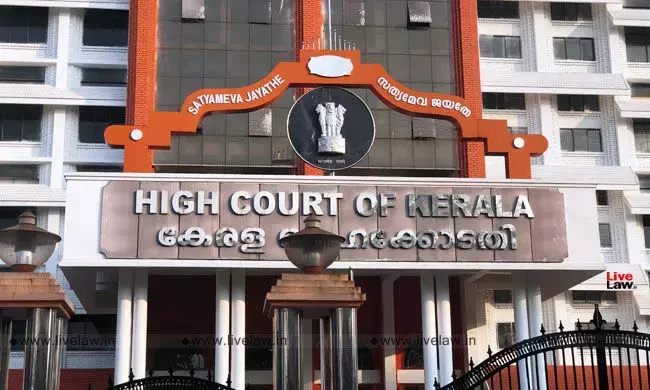Tombs, Cemetery Can't Be Constructed On Private Property Without License From District Collector: Kerala High Court
Hannah M Varghese
14 May 2022 3:30 PM IST

No burial ground shall be opened, public or private, without such licence.
Next Story
14 May 2022 3:30 PM IST
